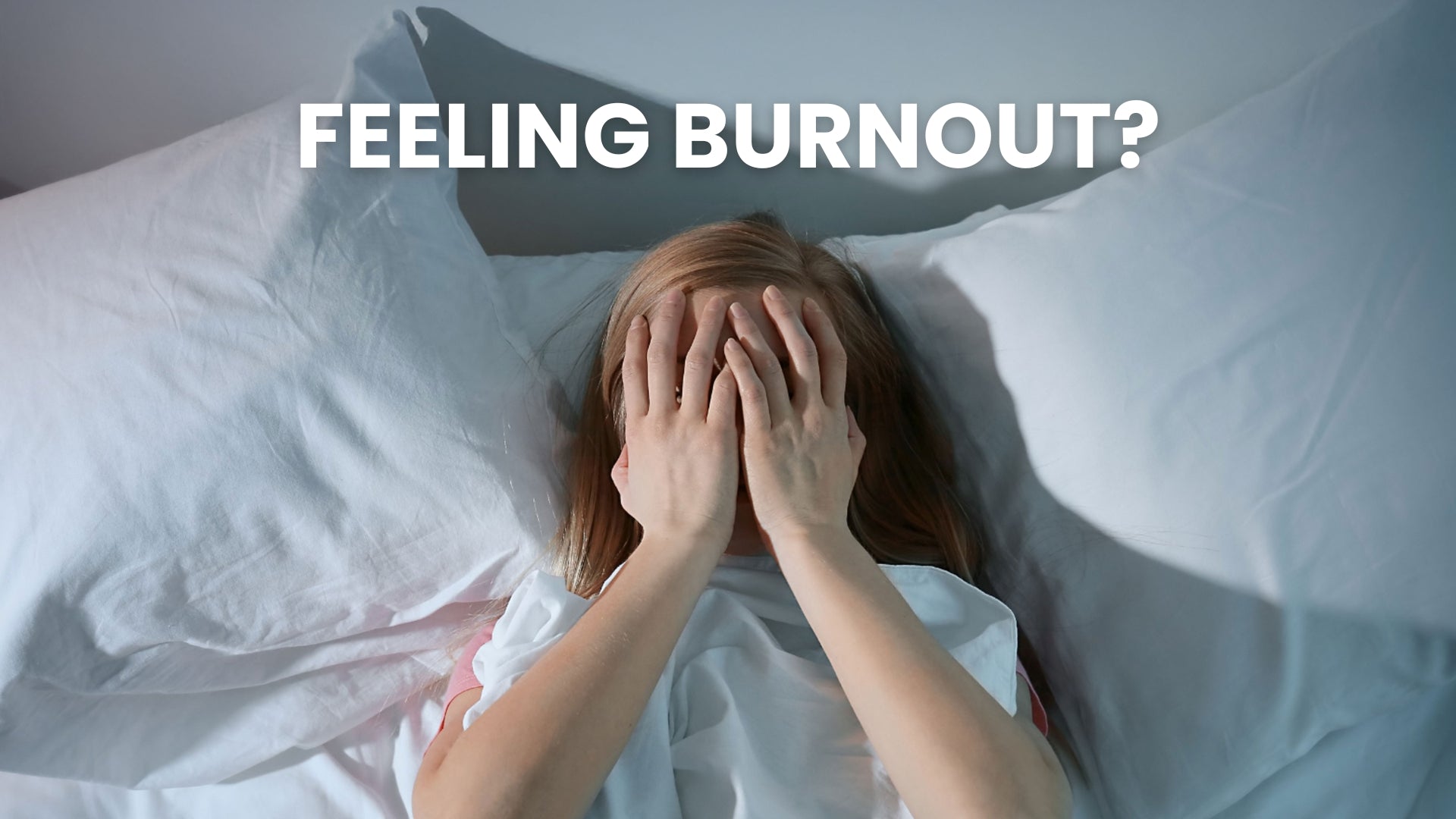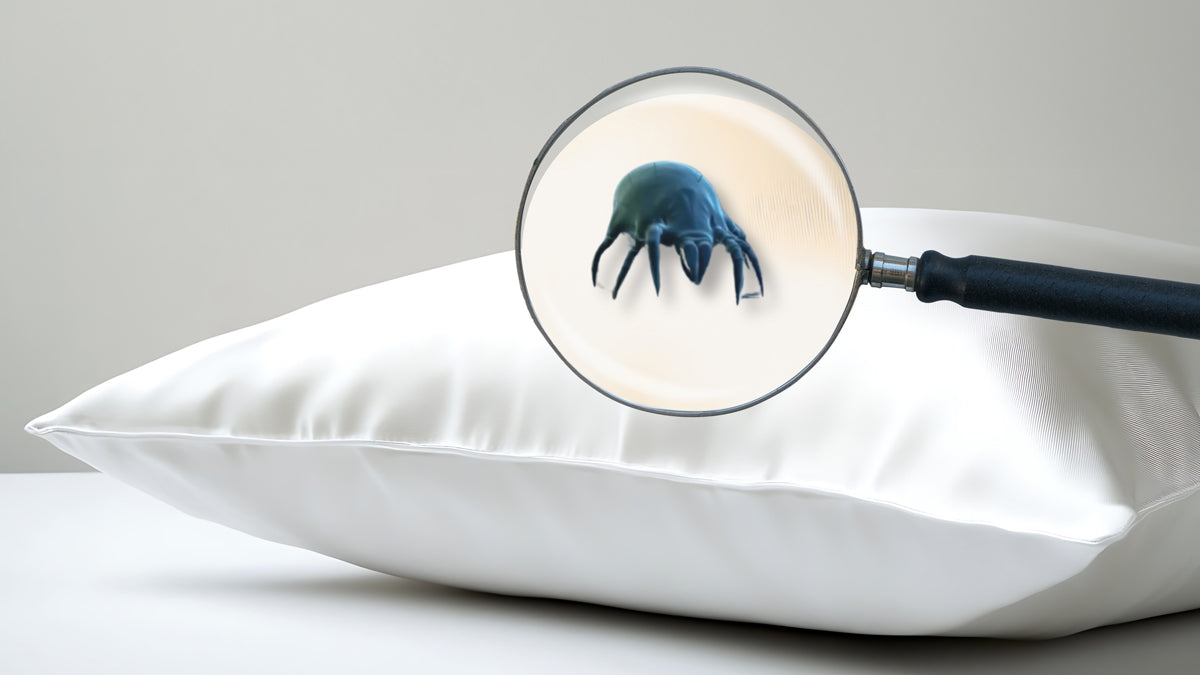This International Women’s Day, let’s talk about something that affects millions of women but often gets overlooked—sleep. Women experience unique sleep challenges throughout their lives, thanks to hormonal changes, stress, and biological differences. From restless nights to frequent wake-ups, sleep struggles can take a toll on energy, mood, and overall health.
At Pillow World, we believe that every woman deserves a restful night’s sleep, so let’s dive into the top sleep issues affecting women and how to improve them.
1. Hormonal Fluctuations and Sleep Disruptions
Women’s sleep patterns are heavily influenced by hormones, which shift throughout the menstrual cycle, pregnancy, and menopause.
Menstrual Cycle: Many women experience poor sleep before their period due to PMS-related symptoms like cramps, headaches, and mood swings. Higher body temperatures during this time can also make it harder to stay comfortable at night.
Pregnancy: Sleep can become a struggle, especially in the third trimester, due to back pain, frequent trips to the bathroom, and difficulty finding a comfortable sleeping position. A pregnancy pillow can help support the body and relieve pressure.
Menopause: Hot flushes and night sweats are some of the biggest sleep disruptors for menopausal women. A cooling pillow can help regulate temperature and prevent overheating during the night.
2. Higher Rates of Insomnia
Did you know that women are 40% more likely than men to suffer from insomnia? Stress, anxiety, and multitasking throughout the day can make it harder to switch off at night.
How to improve it:
• Create a relaxing bedtime routine, such as listening to soothing music or reading a book.
• Try a lavender-scented pillow to encourage relaxation.
• Avoid caffeine and screens at least an hour before bed.
3. Increased Risk of Restless Sleep
Women experience more frequent awakenings during the night than men, often due to lighter sleep cycles and caregiving responsibilities (whether it’s young children or worrying about family members). This can lead to feeling exhausted even after a full night in bed.
What can help?
• Using a body pillow to find a comfortable sleep position.
• Investing in a luxury supportive pillow to prevent tossing and turning.
• Practicing deep breathing or meditation to help the mind relax.
4. The Overheating Struggle
Many women sleep hot, whether due to hormones, stress, or metabolism changes. Overheating at night can lead to poor sleep quality and frequent wake-ups.
How to stay cool:
• Opt for a cooling pillow to prevent heat buildup.
• Use breathable bedding made from natural fibres.
• Keep the bedroom cool and well-ventilated.
5. The Sleep-Stress Connection
Women often juggle multiple responsibilities, leading to higher stress levels—and stress is a major sleep disruptor. When the mind is racing, falling asleep (and staying asleep) becomes difficult.
How to de-stress before bed:
• Practice gentle stretching or meditation before sleep.
• Write down worries or to-do lists to clear the mind.
• Create a peaceful sleep sanctuary with the Head2Sleep Anti-Stress Pillow
Prioritising Women’s Sleep Health
Sleep is not a luxury—it’s a necessity. This International Women’s Day, let’s recognise the unique sleep challenges women face and take steps to improve rest, recovery, and overall well-being.
Because when women sleep well, they wake up ready to take on the world.
Happy Sleeping! 💤





Leave a comment
This site is protected by hCaptcha and the hCaptcha Privacy Policy and Terms of Service apply.